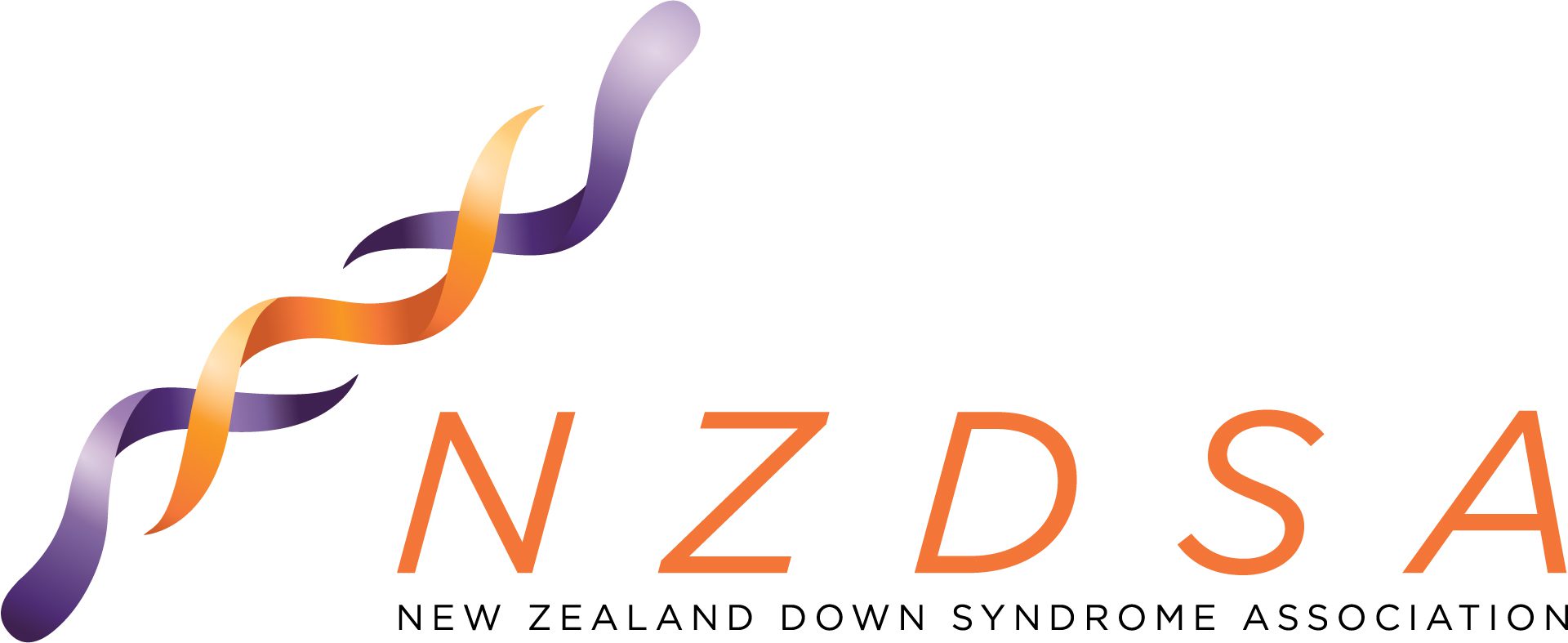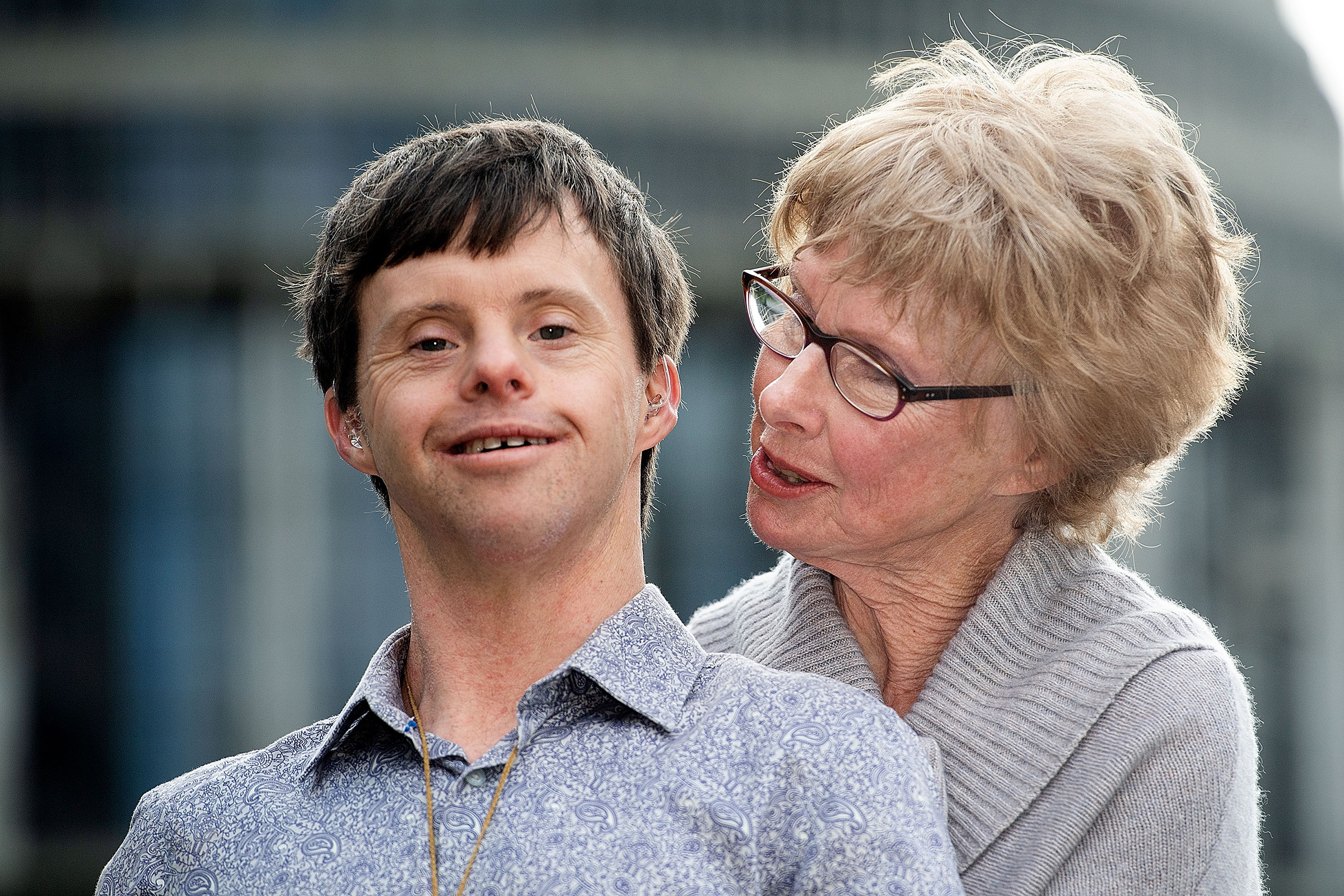The New Zealand Down Syndrome Association (NZDSA) is applauding the Government’s decision that will allow people with Down syndrome to get access to their Kiwisaver before 65 years.
Minister of Commerce and Consumer Affairs, David Clark yesterday announced the variety of conditions under the new KiwiSaver withdrawal category, which also includes cerebral palsy, Huntington’s disease and fetal alcohol spectrum disorder.
NZDSA President Kim Porthouse says that this decision is a victory for the rights of the disabled. This common-sense decision gives working people with Down syndrome the opportunity to enjoy their hard-earned Kiwisaver when they are still fit to do so.
“Whilst the life expectancy of an average person with Down syndrome is increasing each year, it is currently between 50 and 60 years meaning many are not able to wait until 65 to start their retirement, so this decision allows people with life-shortening conditions to enjoy their Kiwisaver when they are ready.”
Mrs Porthouse says the New Zealand disability sector owes a huge deal of gratitude to Tim Fairhall and his mother Joan who convinced Parliament to introduce Kiwisaver exemptions for people with certain conditions.
“Tim is an inspiration to everyone in the Down syndrome and wider disability community for his vision and bravery and I can hardly express how proud and thankful we all are for Tim and Joan for bringing this injustice to the attention of the Government,” says Mrs Porthouse.
Tim confronted the Select Committee in 2019, with the support of IHC and Dr Claire Matthews from Massey’s Business School to argue how the old withdrawal rules disadvantaged people like him.
Mrs Porthouse says that the Kiwisaver decision is a significant step towards equality for people with disabilities to enjoy the same quality and benefits of life as other New Zealanders.
“While we celebrate today, there are still plenty of other issues we need to address to remove the barriers that stop people with disabilities enjoying a full and good life,” says Mrs Porthouse.
“As long as people like Tim and others in our community keep challenging these barriers, we can create a community that is truly inclusive.”

